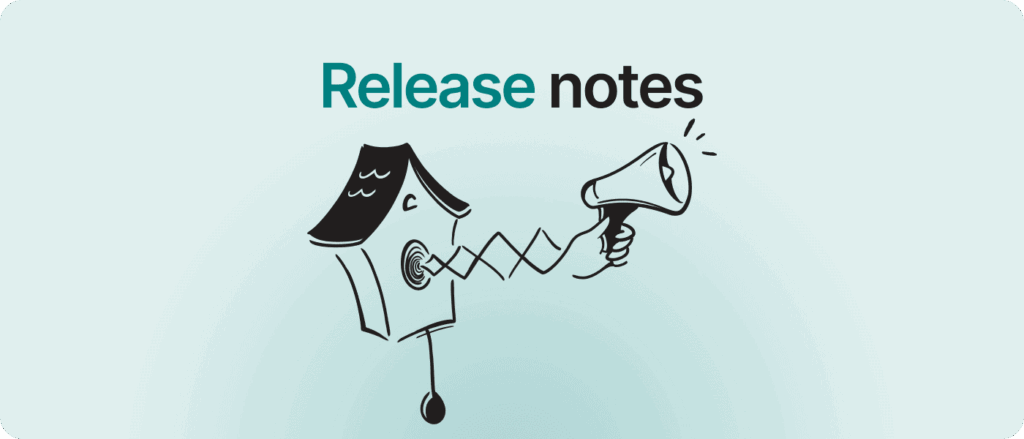The Editor is a visual workspace for building integration flows in PalDock. It allows you to create, connect, and organize elements (nodes) represented as dots. These dots can be dragged, connected with lines, and configured to perform specific actions.
Elements (Dots)
There are two types of elements you can use in the Editor:
- Built-in dots – core system elements provided by PalDock. These represent common actions such as Start, Modify, Check, or Router.
- External dots – integrations and functions added through the Connection Creator. These represent external services or APIs and allow you to connect PalDock with third-party platforms.
Each dot has a specific function. When you click on it, a configuration panel opens, where you can define inputs, outputs, and rules for that element.
Connecting Elements
In the editor, elements are represented as dots. These dots can be linked with lines (connections) to define the flow of data and logic. A connection determines the order in which actions are executed and can also include conditions that control whether the flow continues.
Connections can branch: one element can be connected to multiple others, allowing different paths based on conditions (e.g. route leads to different integrations depending on validation results).
Typical Workflow
- Start – every scenario begins with a Start element (trigger).
- Add elements – drag built-in actions or external integrations into the flow.
- Connect – join the dots with lines to define execution order. Optionally, add conditions to control branching.
- Configure – click each element to set up parameters (e.g. API keys, mapping, rules).
- Run & Test – execute the scenario and monitor the results.

